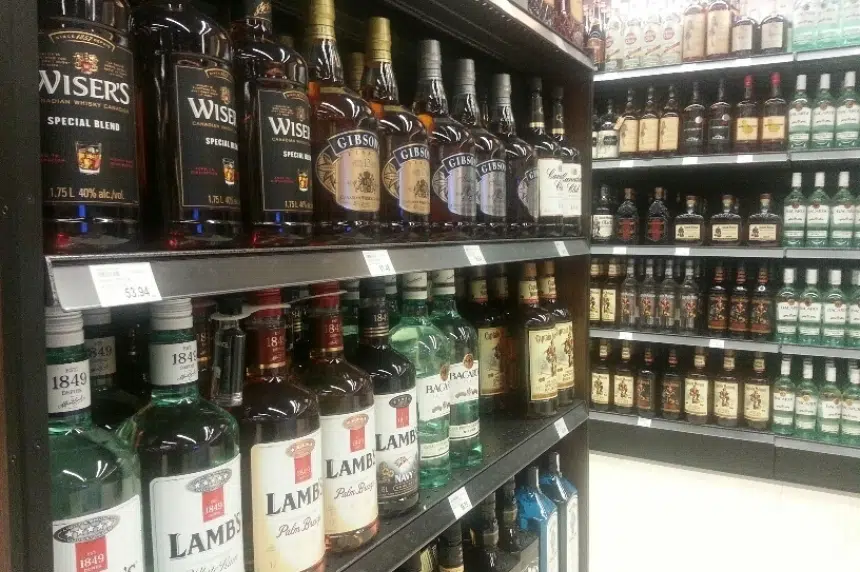Ever cringed at the price of a beer or glass of wine on a restaurant menu? Don’t just blame the restaurant.
Saskatchewan has some of the worst restaurant and bar liquor laws in the country, according to a new report from Restaurants Canada. In its first Raise the Bar report card, the lobby group gave Saskatchewan a D+, the second lowest in Canada ahead of Newfoundland and Labrador, and tied with Ontario.
“It really comes down to pricing and selection,” Restaurants Canada vice president Manitoba-Saskatchewan Dwayne Marling said. “Saskatchewan’s selection is limited and the pricing; restaurateurs and bar owners pay the exact same price as you or I as individual consumers would if we walked into a store to purchase a six pack of beer or a bottle of wine and they purchase it in a lot larger volumes than that.”
In Saskatchewan, restaurants must buy from the Saskatchewan Liquor and Gaming Authority (SLGA). SLGA does not offer a wholesale or discounted price for licensed establishments that buy in bulk.
Alcoholic drinks are also subject to a 10 per cent Liquor Sales Tax on top of the federal government sales tax, the highest liquor tax in Canada.
Marling said 92 per cent of restaurant owners said they have received complaints about the price of drinks. He said Saskatchewan should examine a single uniform wholesale price for purchasers of larger volumes.
“Lower prices for restaurants means lower prices for the consuming public,” he said, adding restaurants should also be able to buy from private liquor stores. “Give SLGA stores a little bit of competition and also at the same time increase the selection.”
SGLA Minister Don McMorris said neither of those changes are likely to happen in Saskatchewan any time soon.
“You could say that we should probably lower the price, absolutely, for say commercial permitees, but it was very clear on the liquor retailing paper that people wanted to see neutrality as far as revenue back to government,” McMorris said. “So if we were to give restaurants a huge break, where would we make it up on the alcohol piece?”
Marling said changes to the legislation would likely not affect government coffers. He said their data showed when Alberta allowed restaurants and bars to access discount prices, government revenues increased because people felt more comfortable hosting an event at a licensed establishment instead of at home.
“We need to look at whole picture of where government gets it finances through liquor. It’s not just through SLGA,” Marling said. “It’s also through the general taxation that the finance department collects, whether that’s liquor consumption, corporate or income taxes.”
McMorris said he feels the Saskatchewan Party government has modernized legislation. He added more information from the province’s ongoing liquor retailing review will become available near the end of November.
Restaurants Canada did credit the province for taking positive steps, including cutting licensing red tape and allowing costumers to recork unfinished wine bottles, but said the province needs to end its piecemeal approach to legislation improvements and undertake broader policy reform.
The report interviewed Restaurants Canada members and analyzed four key areas of regulation across the country; pricing and selection, licensing and regulation, customer sales and consumption tax, and political and regulatory activity.
Wholesale pricing was supported by 97 per cent of members while 30 per cent said they receive value from their local liquor or beer supplier.











